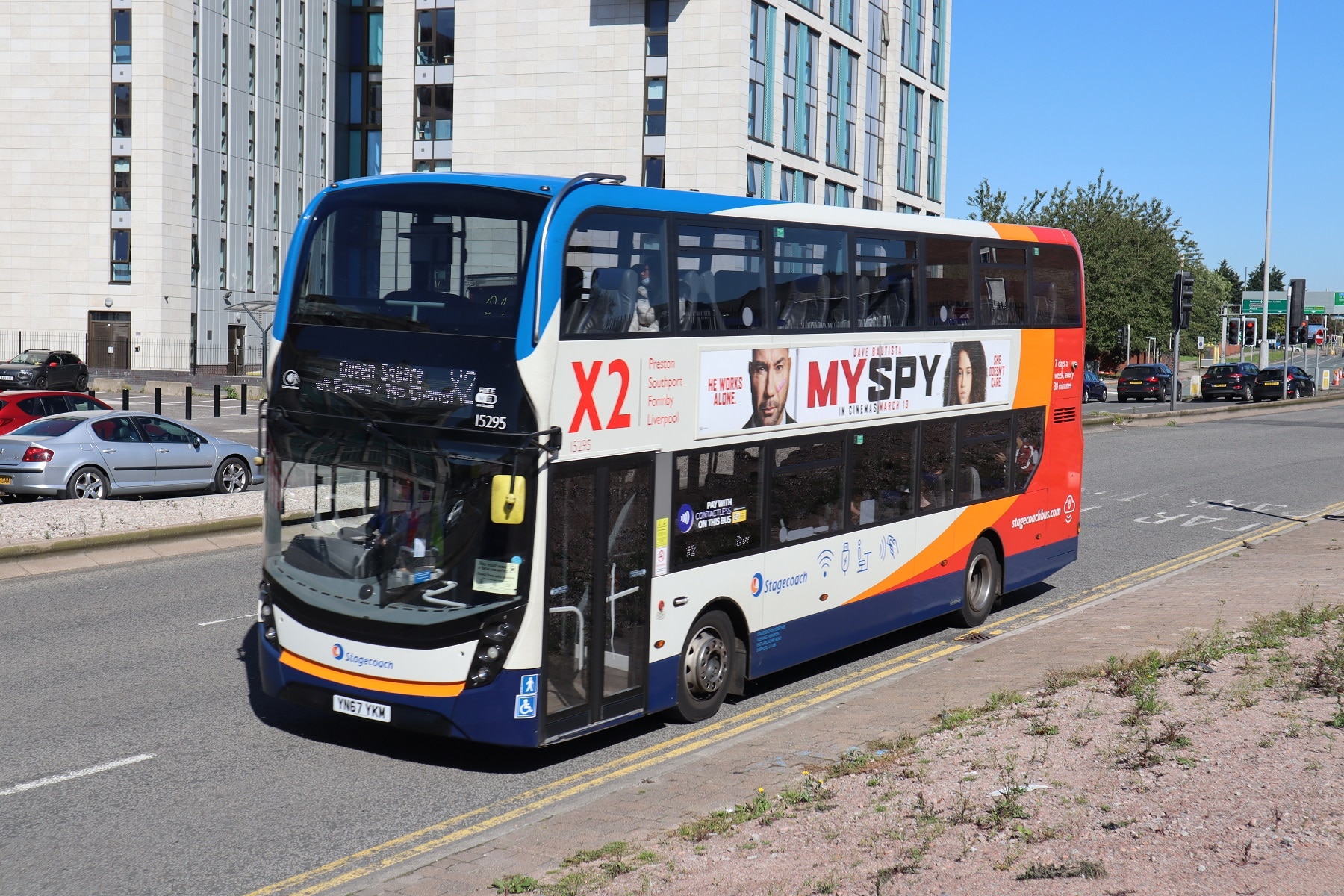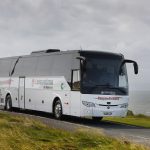From COVID-19 effects to tackling key topics in the coach industry, Peter Bradley reflects on the year gone by
At the start of 2021, we were coming to terms with a second lockdown following the Delta variant, which blew the hopes of coach operators getting their businesses up and running again. Since then, recovery has been slow, more so for some than others.
Home-to-school transport gave many operators business when all other revenue streams had ceased, especially during the summer term. However, the uncertainty of the derogations from PSVAR has seen some operators scale down their involvement in this work, while others brought second-hand buses which already met the regulations.
Some operators spent what little money they had on retrofitting, although a shortage of workshop capacity and spare parts has limited the number of vehicles outshopped. These uncertainties remain unresolved despite the efforts of the UKCOA and other trade bodies to offer an olive branch to the DfT and ask for assistance in providing a longer-term solution.
Day trips and excursions slowly started again from May and, as restrictions eased, became more prevalent from the summer onwards, at least for the domestic market.
Indeed, many coach operators benefited from additional custom as those who normally travel abroad decided to take a holiday closer to home, and the season extended well into the autumn.
However, operators concentrating on inbound tourism have not recovered to anything like the same extent and must be watching the impact of the Omicron variant with increasing concern. I suspect it will take some while for international leisure travel to recover, even once borders fully reopen.
Coach operators have done sterling work in following best practices for ensuring their vehicles are “COVID-19 secure”, and we need to rebuild the confidence of those who travel with us.
Commuter coaches’ recovery has been slow without the regular five-day-a-week movements. Plus, increased levels of traffic, especially into and out of London.
The long-standing Green Line coach services between Hemel Hempstead and London ceased running on 4 December and the Marshalls service from Leighton Buzzard and Dunstable seems to be running only one return journey rather than the three or four journeys previously.
In links from north Kent to London, National Express Transport Solutions is only operating around 35% of the service that was there pre-pandemic, while Redwing is running just four journeys out of ten. Sadly, I suspect that even in two or three years, the commuter coach will not have recovered to pre-pandemic levels because of the changing work patterns.
And finally, we launched the UKCOA, a trade body run by coach operators for the benefit of the coach industry and its clients. We hoped that, alongside others, we would provide an additional voice for coach operators and especially attract the many hundreds who do not belong to any trade body.
We have tackled probably the three key topics faced by the industry: Zero-emission vehicles and clean air zones, workforce shortages and the ever-present PSVAR dilemma.
UKCOA has also held regular zoom meetings that concentrate on issues facing operators and engaged with national government and those that work with us in the coach industry.
There is still much to do, and I am sure that 2022 will present us with challenges, both existing and those we have no idea are on the horizon. However, being ever optimistic, I hope that by working in partnership with colleagues, we can achieve much more than battling it alone.
























